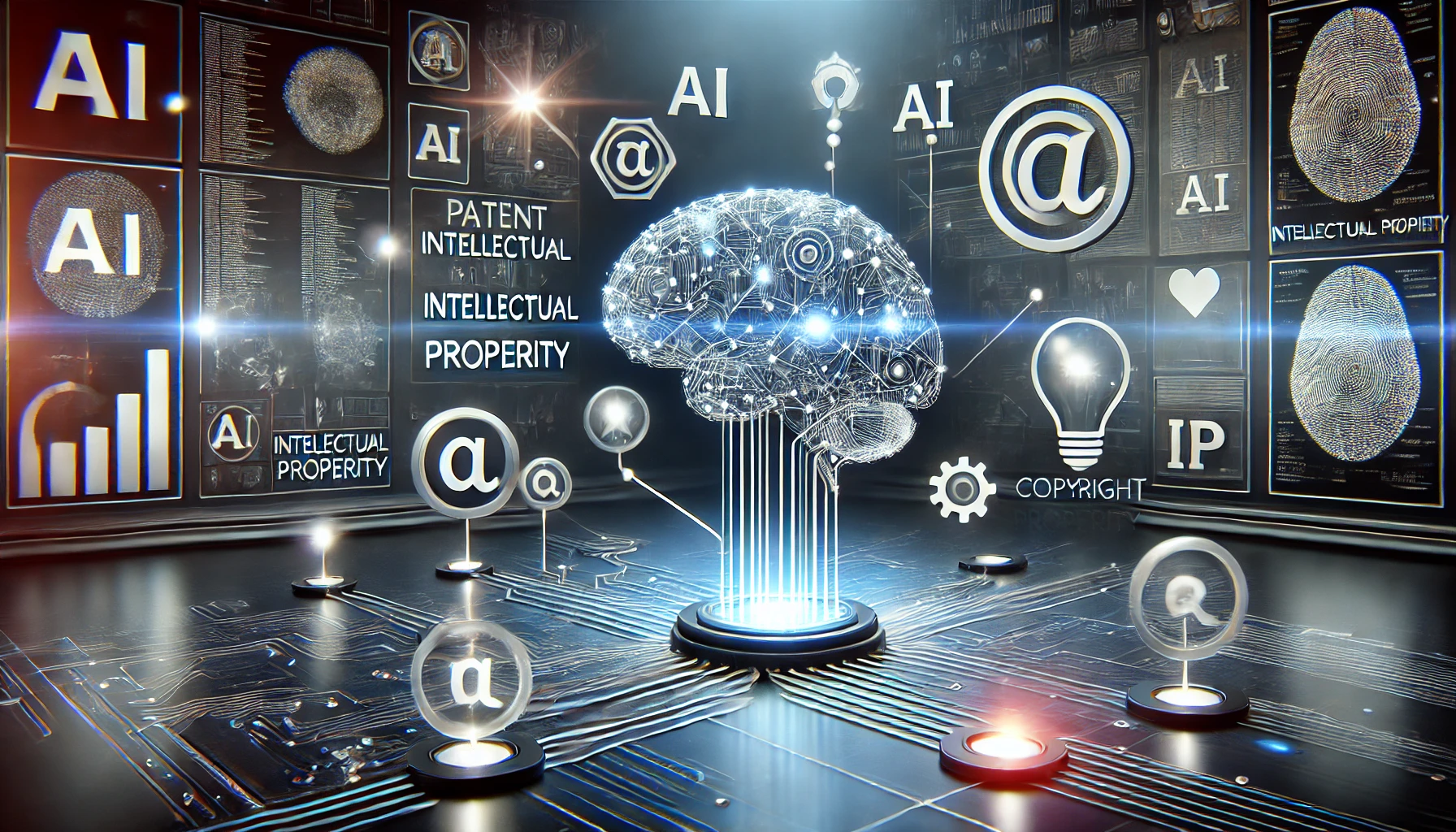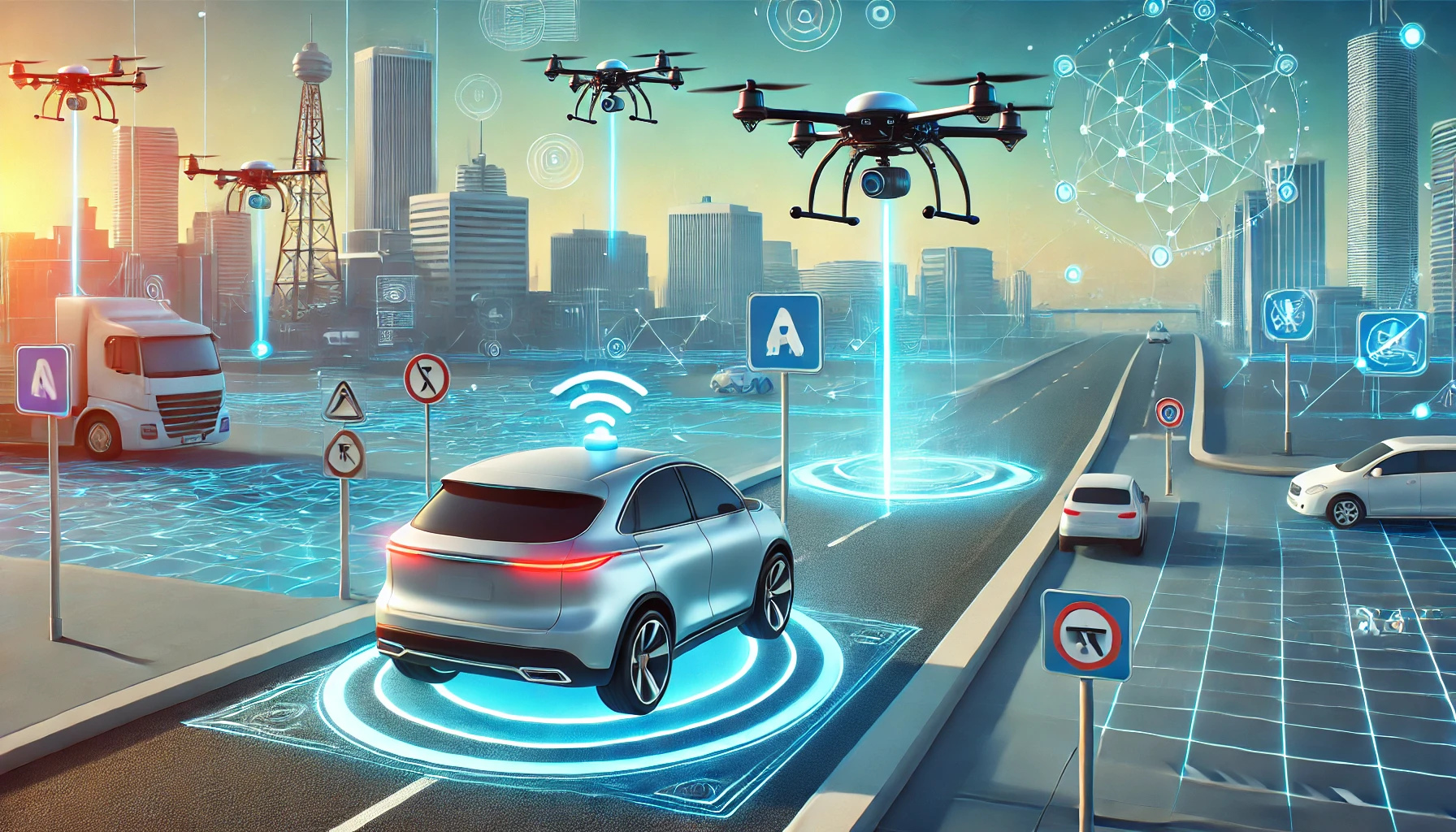The rapid growth of artificial intelligence (AI) has sparked a new wave of innovation, particularly among startups leveraging AI to disrupt various industries. However, with this innovation comes a complex and evolving landscape of intellectual property (IP) issues. As AI continues to advance, particularly in generating content and learning from vast datasets, questions around patent eligibility and the legal implications of training AI on copyrighted materials have become increasingly prominent.
Patent Eligibility for AI-Generated Content
One of the most pressing challenges facing AI startups is the question of patent eligibility for AI-generated content. Traditionally, patents have been granted to inventions or processes that are novel, non-obvious, and useful. However, the rise of AI has introduced complexities in determining who—or what—should be credited as the “inventor” when AI systems autonomously generate new content or solutions.
Courts and patent offices worldwide are grappling with whether AI-generated inventions meet the criteria for patentability. For instance, if an AI system generates a new pharmaceutical compound or creates a novel piece of software code, can the AI itself be listed as the inventor? Or should the credit go to the developers of the AI system? These questions are still largely unsettled, leading to uncertainty for startups trying to protect their AI-driven innovations.
Some jurisdictions have begun to explore the idea of recognizing AI as an inventor, while others maintain that only human inventors can be credited. This inconsistency presents a significant challenge for AI startups operating in multiple countries, as they must navigate different legal landscapes when seeking patent protection.
Litigation Over AI Training on Copyrighted Materials
Another significant IP issue facing AI startups is the legal ramifications of training AI models on copyrighted materials. AI systems, particularly those based on machine learning, often require vast amounts of data to improve their accuracy and effectiveness. This data is frequently sourced from publicly available content, which may include copyrighted materials such as books, articles, images, and music.
The use of copyrighted content in AI training has led to several high-profile legal battles, as copyright holders argue that AI developers are infringing on their intellectual property rights. Startups in particular are vulnerable to such litigation, as they may lack the resources to negotiate licenses or defend against costly lawsuits.
One of the key legal questions is whether the use of copyrighted materials for AI training constitutes “fair use.” In some cases, courts have ruled that using copyrighted content for the purpose of training AI models may fall under fair use, especially if the AI-generated output is transformative or does not directly compete with the original work. However, these rulings are not consistent across all jurisdictions, creating uncertainty for AI startups seeking to scale their operations.
Strategies for AI Startups to Protect Their IP
Given the evolving nature of AI-related IP issues, AI startups must adopt proactive strategies to protect their innovations and minimize legal risks. Some potential approaches include:
- Securing Clear Inventorship: Startups should work closely with IP attorneys to ensure that inventorship is clearly defined and documented. This may involve identifying key human contributors to the development of AI-generated content and seeking patents in jurisdictions that recognize human inventors only.
- Developing Robust Data Policies: To avoid potential litigation, startups should establish clear policies around the use of copyrighted materials in AI training. This could involve obtaining licenses for data used in training or relying on public domain content and data sets that are explicitly authorized for such use.
- Staying Informed on Legal Developments: As laws and regulations surrounding AI and IP continue to evolve, startups should stay informed on the latest developments. This includes monitoring court decisions, legislative changes, and international agreements that may impact the protection of AI-generated content and the use of copyrighted materials.
AI startups are at the forefront of technological innovation, but they also face significant challenges in navigating the complex landscape of intellectual property. As issues surrounding patent eligibility for AI-generated content and litigation over AI training on copyrighted materials continue to grow, startups must be diligent in protecting their innovations and mitigating legal risks. By staying informed and adopting proactive IP strategies, AI startups can better position themselves for long-term success in an increasingly competitive market.




